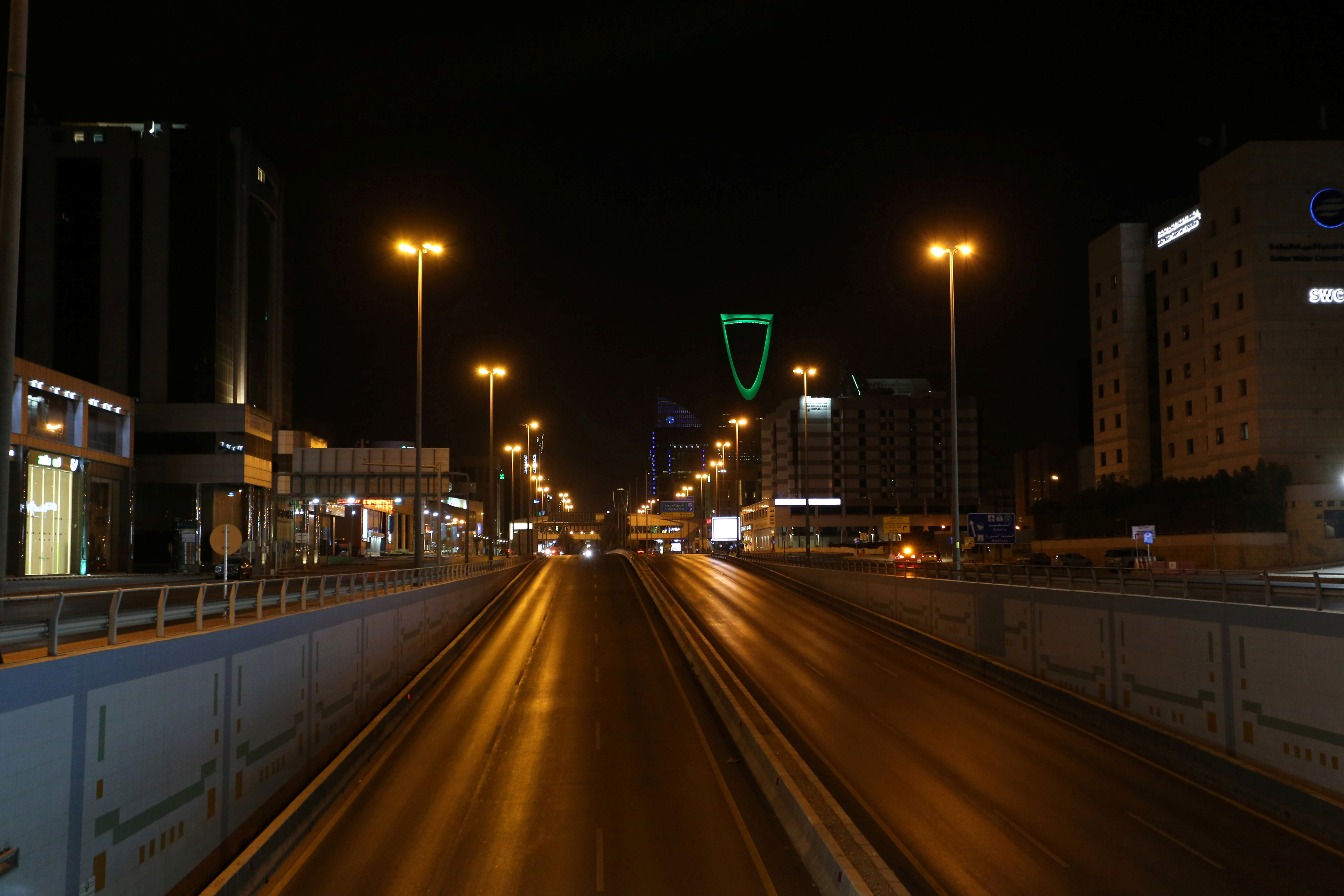What one river tells us about conservation

The southern fringes of the Sahara desert host rugged lands where mankind has thrived for more than a millennium. In this vast panorama, the Inner Niger Delta stands out: In a region where limited rainfall is a fact of life, the Delta is a natural dam and irrigation scheme whose flood plain creates a grazing and cropping perimeter that at its peak can reach 30,000 km2 and sustains about 900,000 people.
If the Niger Delta did not exist, it is likely we’d be brainstorming ways to build a manmade structure to do the work the Delta does naturally.
On a recent visit to Mali, I was struck by the strategic quality of this natural asset that has so many benefits. Planning around this unique resource must be equally holistic.
Approximately 40% of Mali’s livestock migrate to the Delta region during the scorching dry months (over 2 million cows and 4 million goats and sheep). Freshwater fisheries provide additional food security. It is a regional safety valve given that livestock from Mauritania and Niger also flock to the Delta, following pastoralist traditions that stretch back for centuries.
The Inner Niger Delta is, however, a fragile and vulnerable system. Its functionality depends on the intensity of the Niger River’s flow, in particular the peak of the flow which determines the area of the flood plain. The plain is the area of fisheries, arable and cropping land made viable by this mighty river, an area that in turn, supports livelihoods for thousands of families. During the flood months, the river is also a key transportation link, enabling the mobility that underpins economic activity.
Unsurprisingly, the Niger Delta has been declared a wetland of international importance, or Ramsar site, hosting millions of migratory birds from Europe and further afield every year, as well as hippos and manatees.
The Government of Mali fully appreciates the value of this natural asset and President Keïta has asked the World Bank to help enhance the health and functionality of the Niger River.
There are far reaching benefits to this. The Niger River and its Inner Delta are vital for agriculture, livestock, fisheries, transport, energy, tourism, and water filtration, as well as as a habitat for a range of fish and other aquatic animals, including a variety of protected species.
But, there is a challenge. The functionality of this vital system is not determined within Malian borders alone: nine countries share the Niger River Basin. Multiple uses and possible trade-offs need to be considered and assessed along this transboundary watershed, especially against the backdrop of climate change and demographic trends.
The World Bank Group is providing support to the Niger Basin Authority to strengthen well-informed decision making around the Fomi dam, in neighbouring Guinea.
The Fomi dam, to be built along the Niger River, is intended to increase the hydroelectric and irrigation potential of Guinea and Mali. However more in-depth analysis is needed to help optimize potential benefits and minimize trade-offs. Under consideration: assessment of the dam’s dimension, management of the water resources to ensure the Inner Delta continues to benefit from full flood peaks, restoration of river banks, dredging of channels and development of water-based livelihoods.
A proposed World Bank grant, to include multi-sectoral technical expertise, will support this critical analysis to better understand the complex interactions between changing flow patterns, ecosystems and ecosystem services, and traditional livelihoods.
Published in collaboration with The World Bank
Author: Prior to joining the World Bank in July 2014 as Senior Director of the Environment and Natural Resources Global Practice, Paula Caballero was the Director for Economic, Social and Environmental Affairs in the Ministry of Foreign Affairs of Colombia.
Image: A Bozo fisherman casts his net from a pirogue in front of Saaya village in the Niger river inland delta February 7, 2007. REUTERS/Florin Iorganda.
Don't miss any update on this topic
Create a free account and access your personalized content collection with our latest publications and analyses.
License and Republishing
World Economic Forum articles may be republished in accordance with the Creative Commons Attribution-NonCommercial-NoDerivatives 4.0 International Public License, and in accordance with our Terms of Use.
The views expressed in this article are those of the author alone and not the World Economic Forum.
Stay up to date:
Fresh Water
Related topics:
Forum Stories newsletter
Bringing you weekly curated insights and analysis on the global issues that matter.
More on Geographies in DepthSee all
Amir Algibreen
November 21, 2025






